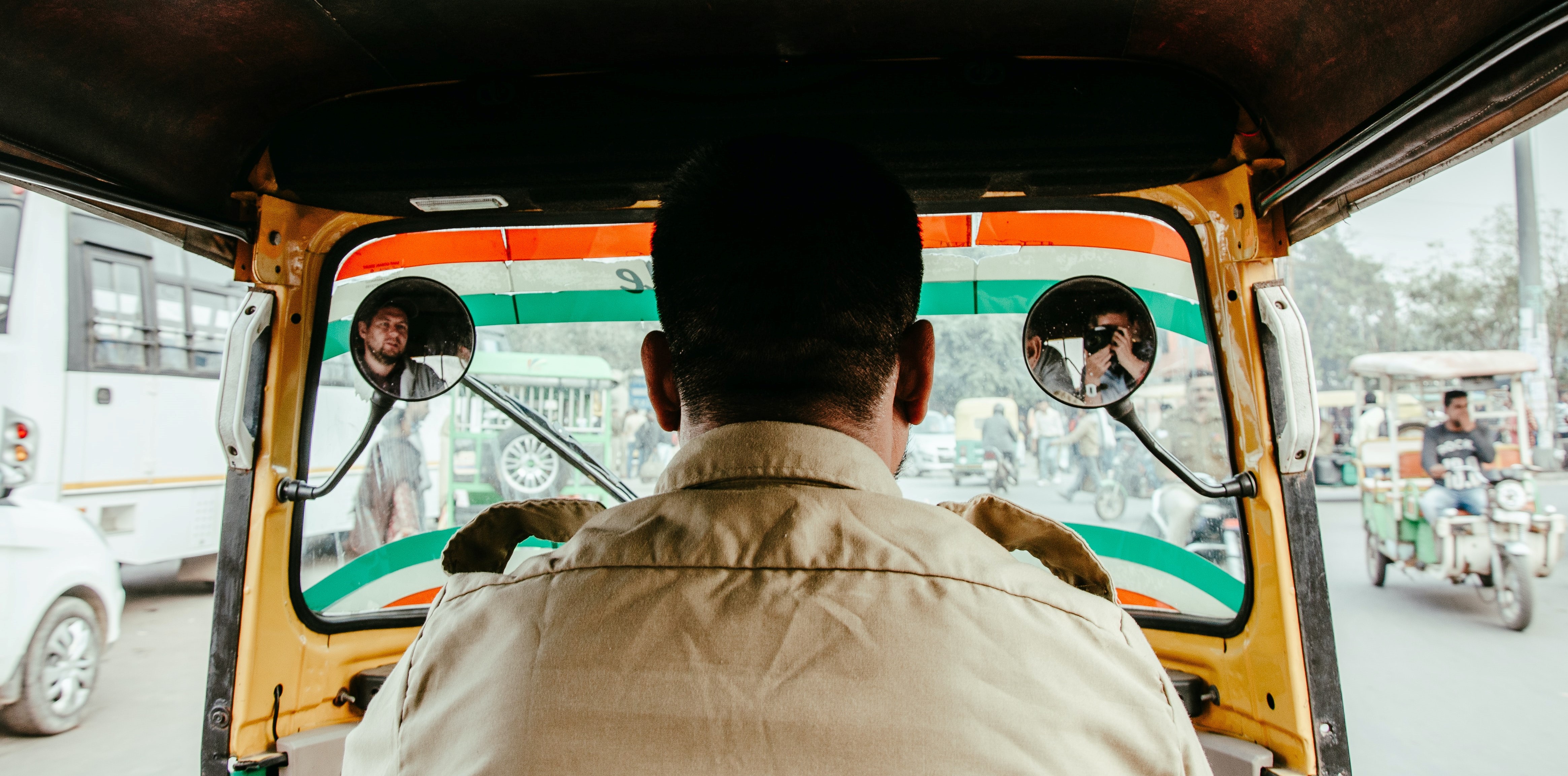Reforming the Paratransit Sector
An essential step for green, safe, and just cities
Paratransit transport services, also known as “informal transport” or “popular transport” are public transport services offered by private operators with limited public regulation. In many cities of the South, paratransit represents an important part of daily mobility and is the prominent and even often the only public transport offer available. Several common features of paratransit can be identified on an international scale: this non-subsidised sector is made up of many private operators who offer a service of general interest, with high flexibility and adaptability. Paratransit is also an important source of employment in many cities, also job conditions are usually poor in the sector. Paratransit services focus however often on the most profitable routes and times and offer usually limited reliability, and poor service quality and can be the source of negative impacts on air quality, GHG emissions, and road safety. Their rates remain also high compared to households’ incomes and unaffordable for the poorest households. The difficulty of introducing policies to improve the quality of service and the articulation with the overall transport offer, and the precarious working conditions of the operators justify the will of the public authorities to reform the paratransit offer in order to integrate it into the urban mobility system. However, the introduction of norms and standards cannot be done without first questioning the role and function of paratransit in the local mobility system, and without having precisely identified the actors in the paratransit ecosystem and their respective strengths, needs, and interests.
As reforming paratransit necessitate identifying its role in the whole urban mobility system of a given city, reforming the formal public transport offer, when existing, often goes hand in hand with reforming paratransit. This can especially be the case when a major formal public transport project is envisaged, typically with the introduction of a Bus Rapid Transit (BRT) service in a city. When a BRT project is structured, it is therefore mandatory to identify what would be the respective roles of the BRT and paratransit in the urban mobility system and what would be the role of paratransit operators in the new urban mobility system.
In 2021 MobiliseYourCity has decided to make support for paratransit reform one of its priorities. This has led to the publication of a Paratransit Toolkit and the development of pilot projects in several places in the world.
-

Factsheet Antananarivo
This factsheet from the Global Monitor 2025 presents the support of the MobiliseYourCity Partnership to the SUMP in Antananarivo, Madagascar.
Read more -

Factsheet San Juan Comalapa
This factsheet from the Global Monitor 2025 presents the support of the MobiliseYourCity Partnership to the SUMP in San Juan Comalapa, Guatemala.
Read more -

Factsheet Guadalajara
This factsheet from the Global Monitor 2025 presents the support of the MobiliseYourCity Partnership to the SUMP in Guadalajara, Mexico.
Read more -

Factsheet Dakar
This factsheet from the Global Monitor 2025 presents the support of the MobiliseYourCity Partnership to the SUMP in Dakar, Senegal.
Read more -

Factsheet Kochi
This factsheet from the Global Monitor 2025 presents the support of the MobiliseYourCity Partnership to the SUMP in Kochi, India.
Read more
